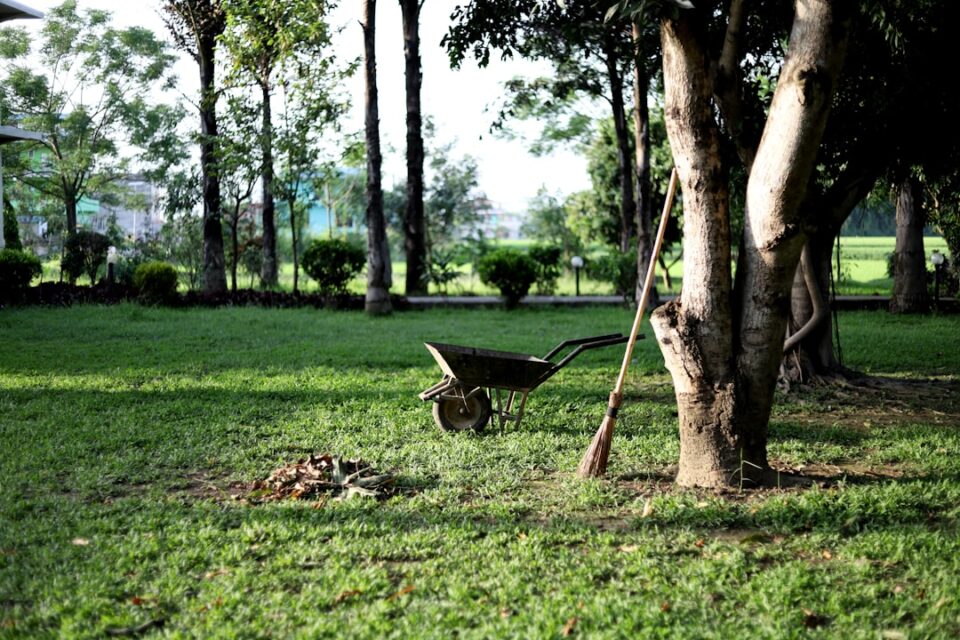Rainwater harvesting is a sustainable practice that involves collecting and storing rainwater for later use. This ancient technique has been used for centuries by various civilizations around the world to meet their water needs. In recent years, rainwater harvesting has gained popularity as a way to conserve water and reduce dependence on municipal water supplies. In this blog post, we will explore the benefits of rainwater harvesting for your garden and why you should consider implementing this eco-friendly practice.
1. Sustainable Water Management
One of the primary benefits of rainwater harvesting for your garden is sustainable water management. By collecting and storing rainwater, you can reduce your reliance on municipal water supplies, which are often treated with chemicals and are subject to shortages during droughts. Harvesting rainwater allows you to have a consistent supply of water for your garden, regardless of weather conditions.
2. Cost-Effective
Another benefit of rainwater harvesting is that it is a cost-effective way to water your garden. Once you have installed a rainwater harvesting system, your water bills will likely decrease, saving you money in the long run. Additionally, rainwater is free and abundant, so you can water your garden as much as you need without worrying about the cost.
3. Improved Plant Health
Rainwater is naturally soft and free of chemicals, making it ideal for watering plants. Unlike tap water, which may contain chlorine and other chemicals that can be harmful to plants, rainwater is gentle on plant roots and leaves. By using rainwater to water your garden, you can improve the overall health and vitality of your plants, resulting in healthier growth and better yields.
4. Reduces Flooding and Erosion
Rainwater harvesting can help reduce flooding and erosion in your garden. By collecting rainwater in storage tanks or barrels, you can prevent excess water from pooling on the ground and causing flooding. Additionally, you can use harvested rainwater to irrigate your garden, which helps to reduce water runoff and soil erosion. This can help protect your plants and crops from being washed away by heavy rain.
5. Environmental Benefits
Rainwater harvesting has several environmental benefits, including reducing the demand for freshwater from rivers and lakes, which are often depleted due to overuse. By collecting rainwater, you can help conserve these valuable water sources and reduce the strain on the environment. Additionally, using rainwater in your garden reduces the amount of stormwater runoff, which can carry pollutants and contaminants into local waterways.
6. Easy to Maintain
Rainwater harvesting systems are relatively easy to maintain and require minimal upkeep. Once you have installed a system, you will need to periodically clean the storage tanks or barrels to prevent debris and algae from building up. Additionally, you may need to check the system for leaks or damage from time to time. Overall, rainwater harvesting systems are low-maintenance and can provide a reliable source of water for your garden for many years to come.
7. Drought Resistance
With climate change leading to more frequent and severe droughts, having a reliable water source for your garden is becoming increasingly important. Rainwater harvesting can help you build resilience against droughts by providing a consistent supply of water, even during dry periods. By using rainwater to water your garden, you can ensure that your plants receive the moisture they need to survive and thrive, regardless of the weather conditions.
8. Enhances Soil Health
Using rainwater to water your garden can also have positive effects on soil health. Rainwater is acidic, which can help break down minerals in the soil and improve nutrient availability for plants. Additionally, rainwater is free of salts and other chemicals that can accumulate in the soil over time and harm plant roots. By using rainwater to water your garden, you can maintain healthy soil and promote optimal plant growth.
In conclusion, rainwater harvesting is a sustainable and cost-effective way to water your garden. By collecting and storing rainwater, you can reduce your reliance on municipal water supplies, improve plant health, reduce flooding and erosion, and enjoy a range of environmental benefits. Additionally, rainwater harvesting systems are easy to maintain and can help you build resilience against droughts. If you are looking for a more eco-friendly way to water your garden, consider implementing a rainwater harvesting system today. Your plants, and the environment, will thank you.

